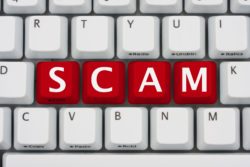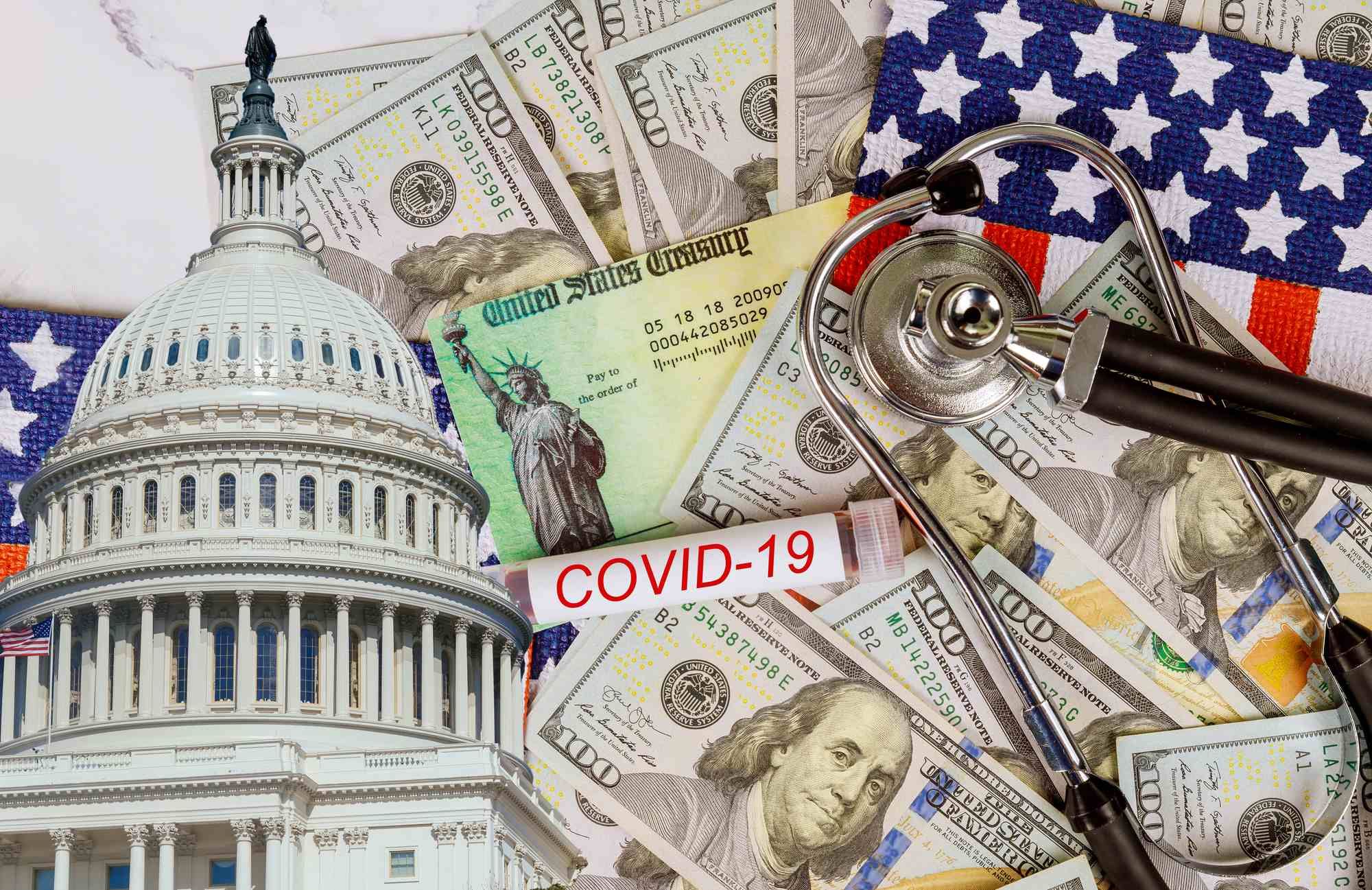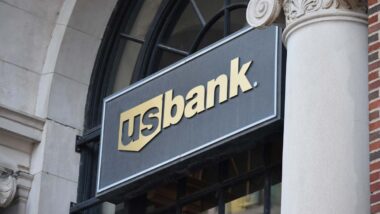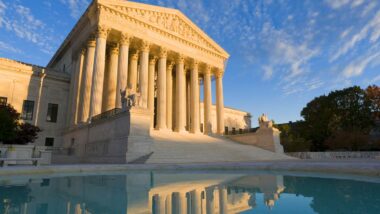Top Class Actions’s website and social media posts use affiliate links. If you make a purchase using such links, we may receive a commission, but it will not result in any additional charges to you. Please review our Affiliate Link Disclosure for more information.
Consumers may be able to take action to protect their coronavirus stimulus checks from debt collectors or other garnishment by contacting local authorities.
During these unprecedented times, not knowing when the threat of the coronavirus will end, Americans may be able to receive the full benefits of stimulus checks that are being provided by the federal government.
In passing the Coronavirus Aid, Relief, and Economic Security (CARES) Act, Congress wanted millions of Americans to have extra money in their bank accounts so they could cover expenses and buy essentials, like food and other important items.
Under the CARES Act, many Americans will be receiving $1,200 stimulus checks within the upcoming weeks with married couples receiving a joint payment of $2,400.
In addition, families will be receiving an extra $500 for every dependent child under the age of 17.
Only individuals who make less than $75,000 or couples who make less than $150,000 will be receiving the full amount of money from the government. For higher income ranges, payments will reportedly taper off by $50 for every $1,000 over the thresholds.
Unfortunately, consumers may need to take extra precautions to make sure that these funds are not taken away by debt collectors.
Although the CARES Act protects stimulus checks from being reduced to pay debts that are owed to state and federal governments, it does not address garnishment or bank offsets for other debts.
NJ.com notes that the only debt that should be garnished from stimulus checks should be child support as there is precedent in that area of the law.
To prevent these checks from being unfairly garnished, the National Consumer Law Center (NCLC) argues that the stimulus checks should be coded as federal benefits.
This would reportedly prevent debt collectors from getting their hands on the stimulus checks that should be used towards essential items, such as food, medicine, utilities, and rent, as Congress intended.
“People nationwide have suffered a dramatic loss of income and desperately need the stimulus payments that Congress just authorized for food, rent, utilities and health care,” Lauren Saunders, associate director of the NCLC, says.
“But if the Treasury does not take immediate steps to protect the stimulus payments, debt collectors could grab the money out of the bank accounts of the families who most need the funds for their basic survival.”
Coding the stimulus checks as federal benefits will suit a variety of purposes, according to the NCLC. The coding would reportedly ensure that banks would not have to deal with angry customers when their desperately needed funds are garnished by debt collectors. In addition, state and federal courts would not have to issue emergency orders to protect the stimulus money.
“The Treasury Department has a simple mechanism to protect stimulus payments from debt collectors: It can code them as exempt federal benefits in the same way that it protects Social Security and other federal benefits. Treating stimulus payments as federal benefits will allow banks to use their systems already in place to preserve the money for necessities, not debt collectors,” says Margot Saunders, senior counsel at the NCLC.
This method may also have additional benefits. If individuals are required to provide the U.S. Treasury with their bank account information, it would be easier for consumers to receive their stimulus money quickly and safely. In addition, this would cut down on the amount of physical checks that the U.S. Treasury would have to mail out.
Additionally, the NCLC encourages consumers to contact their state governor and attorney general to encourage these authorities to take further action including executive orders to halt debt collection garnishment orders.
Beware of Coronavirus Stimulus Checks Scams

The FTC has tips for consumers for avoiding scams when the stimulus checks start rolling in.
The agency mentions that the government will not ask you to pay anything or provide your Social Security number or bank account information in order to receive stimulus checks.
According to the FTC, anyone who asks for the type of information is a scammer. Additionally, the FTC says that anyone who contacts you and tells you that they can get you money quicker is a scammer and should be ignored.
Other scams that consumers should be aware of are people who are pretending to be government entities calling consumers and telling them that they would qualify for coronavirus aid. Consumers are reportedly being contacted via social media, text messages, and other forms of communication.
Scammers may also be telling consumers that if they provide personal information and pay a “processing fee,” they will get their stimulus checks faster. However, there is no reason to pay any fees in order to obtain stimulus money.
Finally, consumers are warned that if they receive a stimulus check in the mail, throw it away, as the government has yet to send out stimulus money and, as mentioned above, the money will be sent directly to your bank account.
Have you been the subject of a coronavirus scam? Leave a message in the comments section below.
Join a Free Coronavirus Class Action Lawsuit Investigation
If you believe your rights were violated in a way that is directly related to the coronavirus pandemic, you may qualify to join this coronavirus class action lawsuit investigation.
ATTORNEY ADVERTISING
Top Class Actions is a Proud Member of the American Bar Association
LEGAL INFORMATION IS NOT LEGAL ADVICE
Top Class Actions Legal Statement
©2008 – 2024 Top Class Actions® LLC
Various Trademarks held by their respective owners
This website is not intended for viewing or usage by European Union citizens.
















50 thoughts onProtecting Stimulus Checks From Debt Collectors
Please add me
Please add me. I’m getting phone calls every day
Add me
I didn’t file a return in 2018 or 2019, however, I clicked on something that said it was taking me to the “no file” on the IRS website where it asked for my social security number and bank information. Did I just get scammed?
I Did the same thing.. I Hope we didnt get scammed.
77 years young, social security is my income, running out of money
rapidly, have not received the stimulus money, care for elder people
who have no support, cook, bring food, shop for them, was counting
on stimulus so I can continue to care. Must have been scammed. People
with 1 or 2 incomes had their stimilus immediately. So they went shopping
for Kayaks…..not some of that 2900 check for hungry seniors?
Sad!
Add me
Please add me! I still had to work at my job even after they found out the virus could live on surfaces for days! (I work with jewelry and we had to touch other people’s things and were put at risk because of it!)
Please me try ppe. Glove and first line medical didn’t tell me cancelled my order find 5 day later then got chime bank tell need put my informed irs but found out the only people with children need to do it .
Yes add me
Had a collection agency request for payment
Add me
Add me please
add me